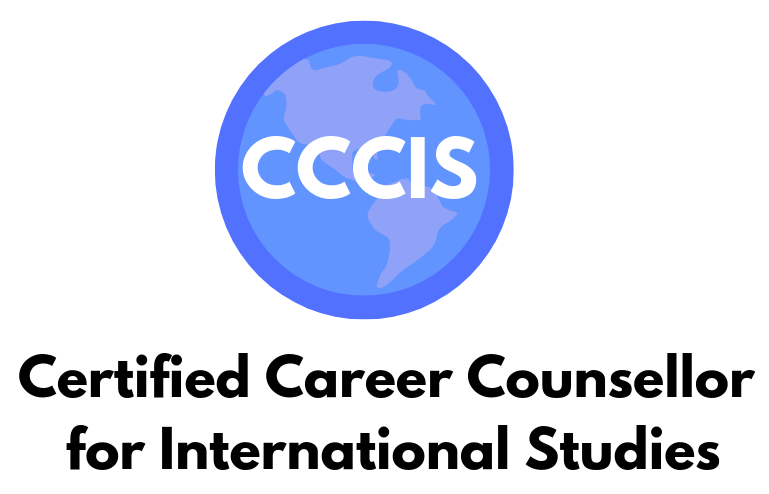Dear Sir/Madam,
I passed out my B.Tech in Mechanical Engineering in the year 2014. Having worked in my mechanical engineering domain in Gujarat for three years (2014-2017). I started to prepare for gov exams from 2017-2018 living in my hometown. I changed my domain to a Soft Skills Trainer and worked from 2018 - Jan 2021. I am pursuing Masters in English and this is my final year (2021)
Now I am really confused as I am not able to understand where am I going. I do not have a job and I am pessimistic about the soft skills training field.
I am getting new thoughts about switching my profile back to mechanical engineering field.
Please help me out, as I am already 29 years of age and still counting. I want to become the master in my field but I do not have goal.
Your help would be a great motivation.
Thank You,
Arbaz Ayub
Asked by Arbaz Ayub | 15th of May 2021
career counselling
after 7years of Engineering if you are still unsure, i highly recommend you to take aptitude tests and interest psychometric tests for career counselling.
it is a matter of interest and skills that will help you determine your career path, Perhaps you are even unaware of options in software engineering hence you are unsatisfied. career profiling and counselling will help you determine your goals.

Time Goes Fast and Lack of Career Planning is Key to Utilise that time effectively. Neverthless, the time you get a wakeup call is the right time to start the Career Planning. Do it Now. Today. Take somebody along with you to support you and get on track first. No matter what, then follow your Plan.
Ths is not a matter of just this question, in general,
Whether you are about to graduate from college, or want to change jobs at a later point in life, career planning is a very important aspect of the process. Before you actually start applying for positions, it is essential to be certain of the areas you would like to work in. The worst thing that could happen is not to take any steps in the career planning process, and end up in a situation that you are unhappy with, or do not have the proper skill set for.
Career quizzes are often helpful in the career planning process. These are often a great first step when trying to determine what type of jobs you'd be best suited for. Many are available online, and address some of the following areas: identifying your skills and abilities; determining if you prefer working with people, data or things; or summarizing what workplace values are most important to you. By compiling all of this information, you'll usually get a general idea of what fields you should be seriously checking out. The quizzes often list suitable occupations based on your answers.
One avenue that would be best to explore is signing up for career counseling. There are many free services, mainly ones offered by the government, or at post-secondary institutions, that will get you started on your career planning journey. Career counselors are trained professionals that will be able to offer you advice and make realistic recommendations on what area you would be best suited to work in. They will look over your academic training, and often administer aptitude tests to see what careers you should be exploring.
Researching companies that you could picture yourself working for is another great step in the career planning process. Check out their websites for information, and to see what type of positions they may be hiring for. When possible, try to set up a meeting with a member of the department you'd like to be a part of, so that you may ask them questions and find out about the day to day aspects of the company on a more intimate level. Check the newspapers and magazines to see if the company is mentioned at all, and see if the articles are favorable or not. Although this may seem very simple, it can be a valuable part of your career planning.
If you think you may need to go back to school in order to make a career change, obtaining a catalogue from a local post-secondary institution is a good way to kick start career planning. Look through what programs are offered, what skills are required to be accepted to programs of interest, and what type of a time commitment you'd be looking at in order to make this change. See if prior employment or life experience will work in your favor, and give you advanced standing into your selected programs. People often forget to check into educational requirements for certain careers, and may waste time and energy by skipping this step in the career planning process.
An often underrated aspect of career planning is talking with your friends and family. Discuss with them in detail what it is they do, and ask them to honestly tell you what they could picture you doing for a living. Who knows? They may see something that you've overlooked, and it could be the missing link to your career planning process.
Career planning is something that everyone is faced with at some point in their lives, and it should not be taken lightly, although you can have some fun with it. Most important of all is to be honest and realistic with yourself, and make sure you ultimately choose a path that will make you happy and keep you financially secure. If you still need to understand the Career Planning in more Details, you can Request a Call Back.
No issue...Be Calm & Positive, Take professional-Scientific Counselling to Understand Your own personality, Career Intrest, then Think & plan to Start a happy & Vivacious Career journey. Good Luck Have a great time!!